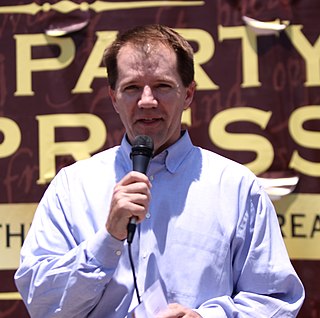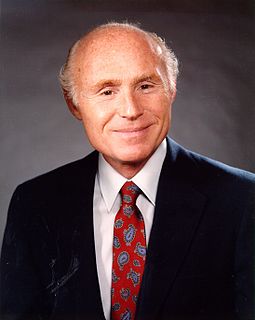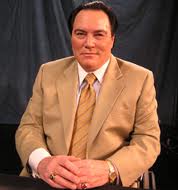A Quote by Lee Kuan Yew
I can only express the hope that faith in the judicial system will never be diminished, and I am sure it will not, so long as we allow a review of the judicial processes that takes place here in some other tribunal where obviously undue influence cannot be brought to bear. As long as governments are wise enough to leave alone the rights of appeal to some superior body outside Singapore, then there must be a higher degree of confidence in the integrity of our judicial process. This is most important.
Quote Topics
Allow
Alone
Am
Appeal
Bear
Body
Brought
Cannot
Confidence
Degree
Diminished
Enough
Express
Faith
Governments
Higher
Hope
Important
Influence
Integrity
Judicial
Judicial System
Leave
Long
Most
Must
Never
Obviously
Only
Other
Our
Outside
Place
Process
Processes
Review
Rights
Singapore
Some
Superior
Sure
System
Takes
Then
Tribunal
Will
Wise
Related Quotes
The confidentiality of the judicial process would not matter greatly to an understanding and evaluation of the legal system if the consequences of judicial behavior could be readily determined. If you can determine the ripeness of a cantaloupe by squeezing or smelling it, you don't have to worry about the produce clerk's mental processes.
I do think the whole question of judicial accountability is a complicated one. On the one hand, you want to encourage judicial independence. And it's always, I think, problematic when an unpopular decision triggers a recall election. Because it sends a disempowering message to judges. On the other hand, it's the only way that voters have to rein in someone whose views are really so out of the mainstream of public opinion that they jeopardize the legitimacy of the judicial process.
Some have argued that the President is required to get permission from a federal court before taking action against a United States citizen who is a senior operational leader of al Qaeda or associated forces. This is simply not accurate. 'Due process' and 'judicial process' are not one and the same, particularly when it comes to national security. The Constitution guarantees due process, not judicial process.
If Americans loved judicial activism, liberals wouldn't be lying about what it is. Judicial activism means making up constitutional rights in order to strike down laws the justices don't like based on their personal preferences. It's not judicial activism to strike down laws because they violate the Constitution.
Judicial activists are nothing short of radicals in robes--contemptuous of the rule of law, subverting the Constitution at will, and using their public trust to impose their policy preferences on society. In fact, no radical political movement has been more effective in undermining our system of government than the judiciary. And with each Supreme Court term, we hold our collective breath hoping the justices will do no further damage, knowing full well they will disappoint. Such is the nature of judicial tyranny.
You can understand why the original framers of judicial ethics thought it would be undignified and would call into question the legitimacy of the judicial decision-making process to have mudslinging by judges, but the way that we hobble people of enormous integrity from defending themselves is, I think, deeply problematic in states where you have an elected judiciary, or a judge is subject to recall.
Everyone knows that due process means judicial process, and when John Brennan brings him a list of people to be killed this particular week, that's not due process. That's certainly not judicial process. So there's the fifth amendment. Not even George Bush claimed the right to kill American citizens without due process.










































